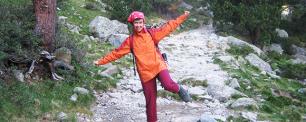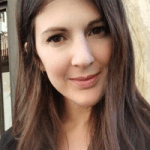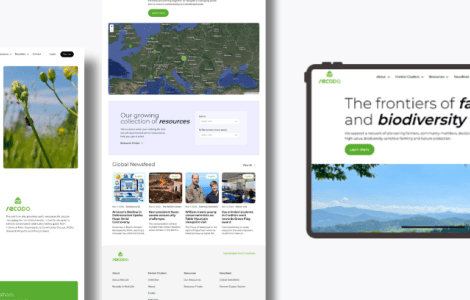“You only really understand your research if you are able to explain it to a child”
Corina Basnou is a postdoctoral biologist working at CREAF since 2005. Currently, she is studying the topics of ecosystem service and biodiversity.
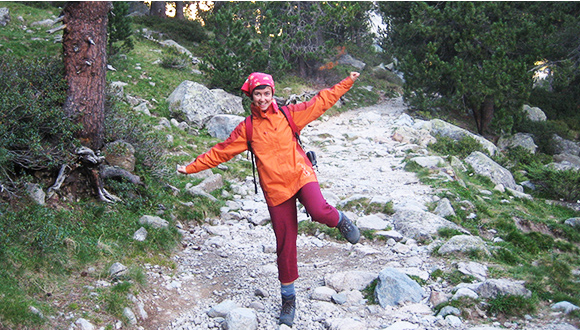
Tell us about your professional career, how did you end up at CREAF?
I studied biology in Romania, my country of birth, and in the third year of my studies I was able to come to the University of Alicante thanks to a scholarship. This was 1996 and at that time many Romanian universities were beginning to open up to the world. It was an amazing experience and I still have strong friendships with people from that period.
And once you got a taste of the Mediterranean…
Well, actually, at first I was set on moving to another country again in order to experience other working and research environments. I wasn’t so sure that I had to be in Spain. However, in the end that’s what happened and I came to CREAF for a part of my doctoral studies. I was initially here for three months and there were additional stays afterward.
What did you do during your stays?
This first period at CREAF was dedicated to in-depth learning of GIS applications with Joan Pino. My doctoral work was on Romanian alpine pastures in an enchanting part of Transylvania, and I believed that an improved understanding of geographical information systems and landscape ecology would benefit my studies.
And did you continue along these lines when you returned to CREAF for your postdoc?
No, I changed topics and began concentrating on invasive species. This is actually related [to my previous studies] because many invasive species are plants. Simultaneously, I worked with Joan on studies of landscape changes and consequences for urban and peri-urban green space, and in the end I continued working in that direction. I am currently working on topics related to urban re-greening, ecosystem services, and nature-based solutions. I am also trying to learn more about citizen science. In biology, in the end everything is connected; I even received an article for review a few days ago about pastures and their conservation with traditional management (agriculture and livestock). Since I come from a botany background, the topic of pastures and their floral composition is like going back to my roots.
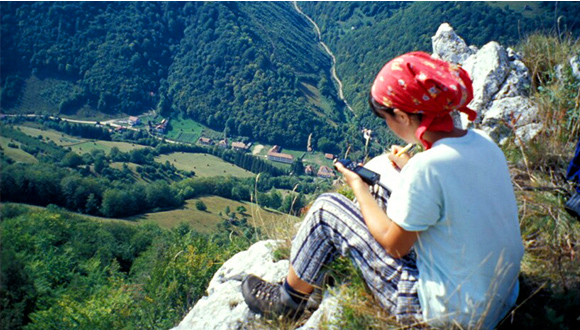
What do you mean by conservation in agriculture and ranching? What is being done?
We are starting to become aware that it is necessary to feel connected to the Earth, to understand it and preserve it. Not long ago I was at a conference where a Romanian land manager was interested in discussing what types of nature-based solutions could be used to preserve green space. Cities are growing very quickly in Romania and they are consuming the countryside around them, just like what happened in Spain in years past. They don’t realize that nature-based solutions begin with the conservation of the land they are losing. This is happening in many regions of the world.
What do you mean exactly?
In the study of ecosystem services there is a peculiar phenomenon occurring throughout the world, above all in urban areas: the supply coming from nature is sometimes smaller than the demand desired by society as a result of not having preserved it beforehand. We will have better ecosystem services if we just begin to preserve the ecosystems. Also, it doesn’t suffice just to talk about services, we have to take into account biodiversity and processes which form the base.
"The supply coming from nature is sometimes smaller than the demand desired by society as a result of not having preserved it beforehand"
I suppose that this isn’t often very well understood?
No, often it isn’t. I support science education and dissemination for children from a young age. Here at the UAB’s primary school I give classes on a voluntary basis about maps, medicinal plants, forests, ecosystem services, and more. When the ideas are well-transmitted, children’s capacity for learning is astounding. And the science that these children are learning today will be passed on to their children. Also, you only really understand your research if you are able to explain it to a child.
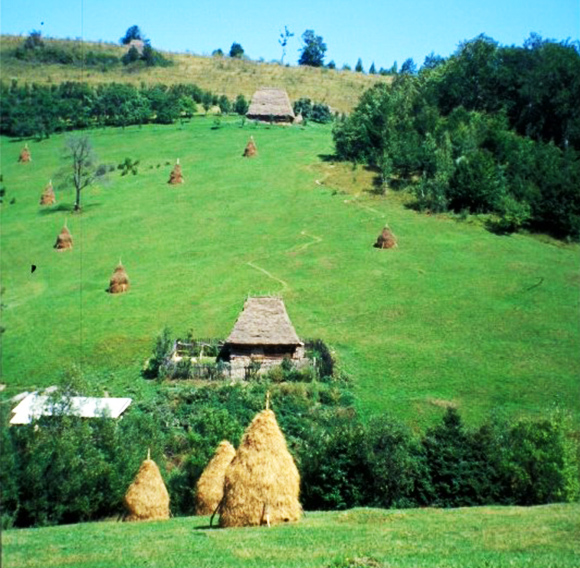
And there is also a return to society
Yes, that’s right, I really think that there needs to be more emphasis on transmitting our work to the public. This should be just as important as establishing networks of contacts and projects or publishing in a prestigious journal. However, sometimes scientists are only worried about the impact factor.
"There are even some research groups which punish women for having fewer publications during the first years of maternity"
And in the case of female researchers, there are also some added complications which male researchers don’t have, right?
Yes, sometimes that is true. Projects normally don’t take family life into consideration, and there are even some research groups which punish women for having fewer publications during the first years of maternity. It is absurd that being a mother should have a negative impact on women’s scientific careers. There are many excellent female researchers that decide to become mothers, and even if they can’t keep up at the same pace that doesn’t mean that they lose their expertise. In fact, countries like Australia and the United States have special programs so that women can bring their children to conferences and similar events and someone will care for them.


